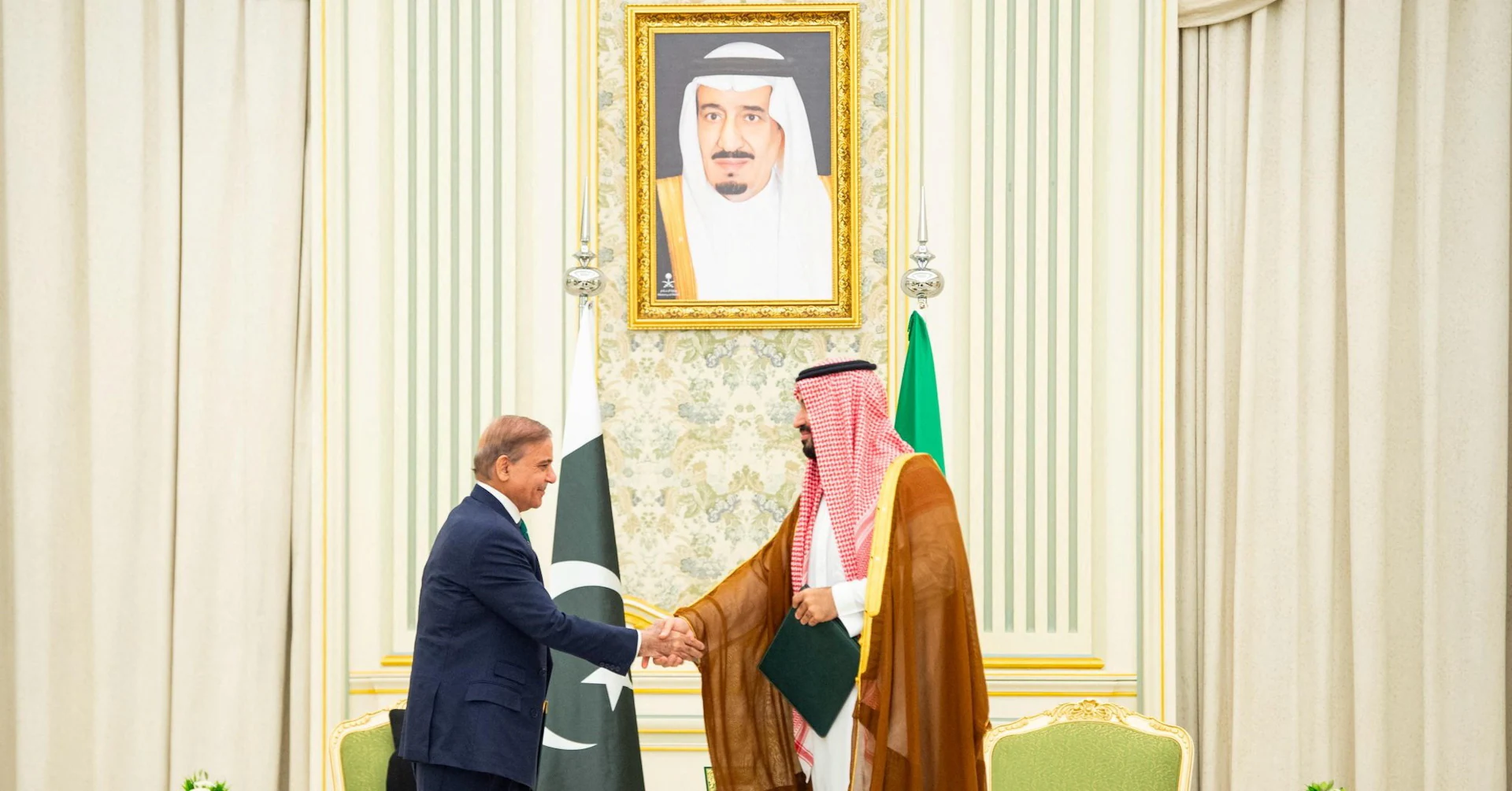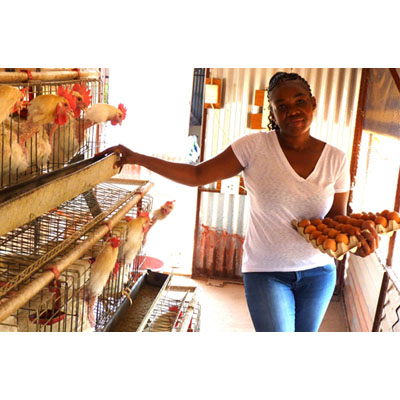By Maha Dahan,Saeed Shah
Copyright reuters

SummaryIsraeli attack on Doha heightened regional concernsGulf states increasingly wary about U.S. reliabilitySaudi official says move not in response to specific events
DUBAI/ISLAMABAD, Sept 17 (Reuters) – Saudi Arabia and nuclear-armed Pakistan signed a formal mutual defense pact on Wednesday, in a move that significantly strengthens a decades-long security partnership amid heightened regional tensions.
The enhanced defense ties come as Gulf Arab states grow increasingly wary about the reliability of the United States as their longstanding security guarantor. Israel’s attack on Qatar last week heightened those concerns.
Advertisement · Scroll to continue
“This agreement is a culmination of years of discussions. This is not a response to specific countries or specific events but an institutionalization of longstanding and deep cooperation between our two countries,” a senior Saudi official told Reuters when asked about its timing.
Israel’s attempt to kill the political leaders of Hamas with airstrikes on Doha, while they were discussing a ceasefire proposal that Qatar is helping to mediate, infuriated Arab countries.
The pact could shift the strategic calculus in a complex region. Allies of Washington, Gulf monarchies have sought to stabilise ties with both Iran and Israel to resolve longstanding security concerns.
Advertisement · Scroll to continue
But the Gaza war has upended the region and Gulf state Qatar has been subjected to direct hits twice in a year, once by Iran and once by Israel.
The senior Saudi official, who spoke on condition of anonymity, acknowledged the need to balance relations with Pakistan’s rival, India, also a nuclear power.
“Our relationship with India is more robust than it has ever been. We will continue to grow this relationship and seek to contribute to regional peace whichever way we can.”
Asked whether Pakistan would be obliged to provide Saudi Arabia with a nuclear umbrella under the pact, the official said: “This is a comprehensive defensive agreement that encompasses all military means.”
Pakistani state television showed Pakistani Prime Minister Shehbaz Sharif and Saudi Crown Prince Mohammed bin Salman, the kingdom’s de facto ruler, embracing after signing the agreement. In attendance was Pakistan’s army chief, Field Marshal Asim Munir, regarded as the country’s most powerful person.
Ad Break Coming Up
NEXT StayNext
OffEnglish
180p288p360p480p540p576p720pHD1080pHDAuto (180p)
About ConnatixV2045225466
About ConnatixV2045225466
Continue watchingafter the adVisit Advertiser websiteGO TO PAGE
“This agreement, which reflects the shared commitment of both nations to enhance their security and to achieving security and peace in the region and the world, aims to develop aspects of defense cooperation between the two countries and strengthen joint deterrence against any aggression. The agreement states that any aggression against either country shall be considered an aggression against both,” a statement from the Pakistani prime minister’s office said.
Reporting by Saeed Shah in Islamabad and Maha El Dahan in Dubai; Writing by Yousef Saba; Editing by Daniel Wallis
Purchase Licensing Rights
Maha El DahanThomson ReutersMaha has been working as a Reuters journalist for over 15 years covering stories across the Middle East from Egypt, the Gulf, Yemen, Iraq, Syria, Lebanon and Jordan. She is currently Gulf Bureau Chief based in Dubai and continues to cover energy and OPEC policy. In her previous roles, Maha has overseen Lebanon, Syria and Jordan coverage as Bureau Chief based in Beirut and managed the energy and commodities file across the Middle East. Maha began her career with Reuters in Cairo.Saeed ShahThomson ReutersSaeed Shah is bureau chief for Pakistan and Afghanistan, covering conflict, economics and politics of the region. He previously reported from Asia for The Wall Street Journal, The Economist and The Guardian. A former Londoner, Saeed reported on British business for The Independent before moving to Asia.



